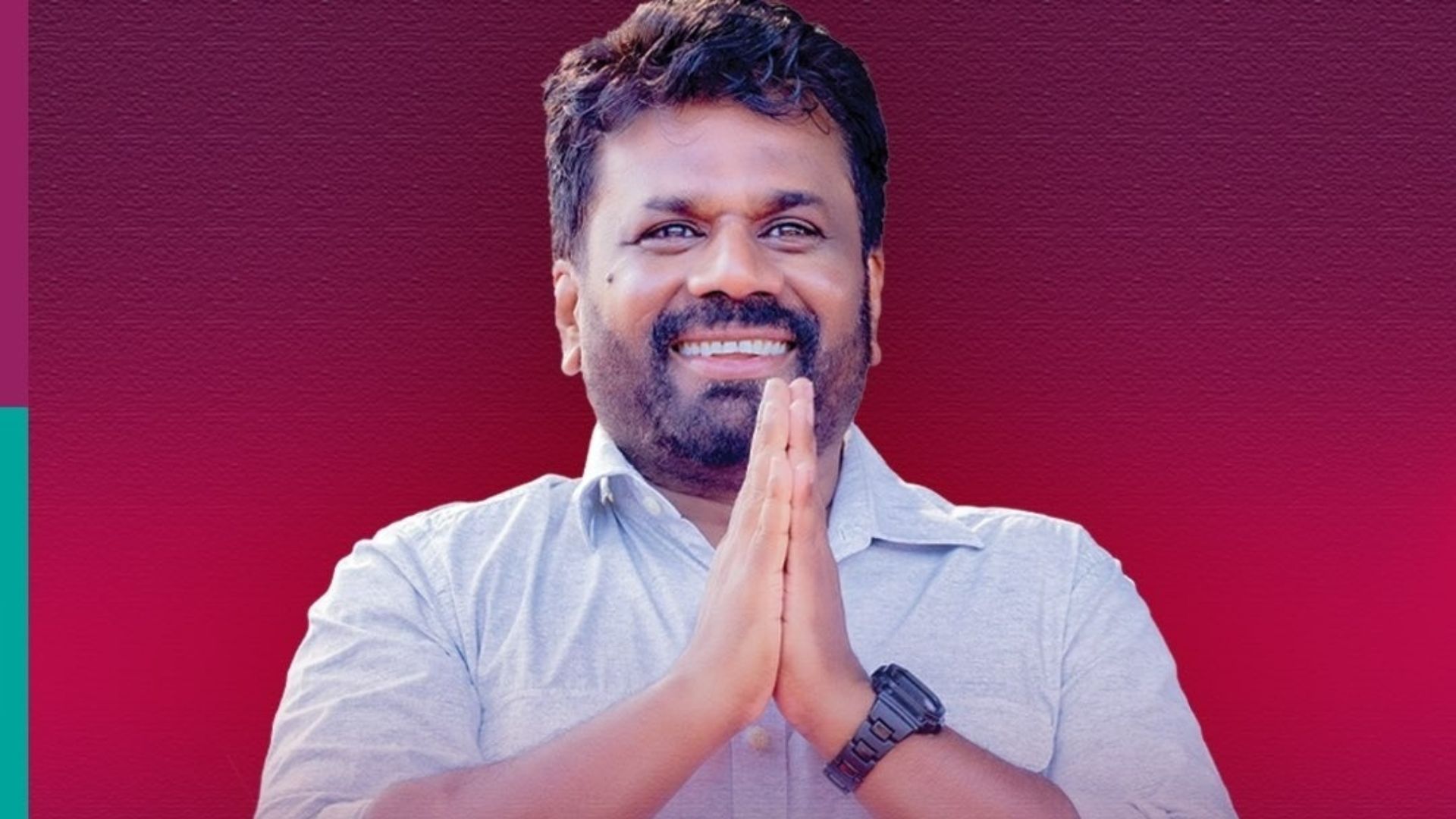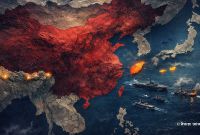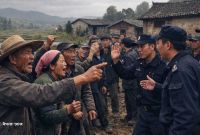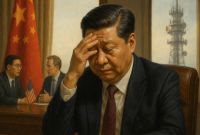Sri Lanka’s New Presidency: Anura Kumara Dissanayake Faces Tough Choices Amid China’s Expanding Influence

Colombo, Sri Lanka – Anura Kumara Dissanayake, the newly elected president of Sri Lanka, is stepping into office at a time when the country is grappling with severe economic challenges and complex foreign policy issues, particularly its deepening ties with China. The leader of the Janatha Vimukthi Peramuna (JVP), a Marxist-leaning party, Dissanayake campaigned on a platform of anti-corruption and economic recovery. However, his presidency is set to be defined by how he navigates Sri Lanka's increasingly entangled relationship with China and its debt trap diplomacy.
China’s involvement in Sri Lanka surged during the presidency of Mahinda Rajapaksa, when billions of dollars were poured into infrastructure projects. Many of these projects, like the infamous Hambantota Port, were funded through loans that Sri Lanka has since struggled to repay. The port, now under a 99-year lease to China after Sri Lanka defaulted on its debt, stands as a symbol of the risks posed by China’s Belt and Road Initiative (BRI).
Under Dissanayake's leadership, concerns are mounting that Sri Lanka could once again fall prey to China’s strategic lending, further deepening its dependency. Despite China’s promises of aid and investment, critics warn that these loans serve to extend Beijing’s influence while undermining the sovereignty of the recipient nations. As Dissanayake embarks on his presidency, the stakes are high as Sri Lanka seeks to balance much-needed economic recovery with safeguarding its national interests from the looming shadow of China.




![From Kathmandu to the World: How Excel Students Are Winning Big [Admission Open]](https://nepalaaja.com/img/70194/medium/excel-college-info-eng-nep-2342.jpg)
